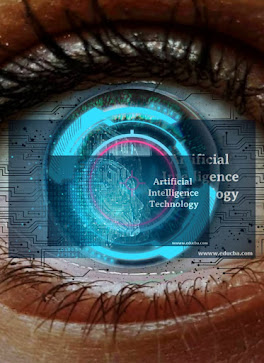QUANTUM COMPUTER
INFORMATION OF QUANTU COMPUTER
A quantum computer is a type of computer that uses the principles of quantum mechanics
to perform operations on data. Unlike classical computers that use binary digits (bits)
to store and manipulate data, quantum computers use quantum bits (qubits) which can exist
in multiple states at the same time. This property allows quantum computers to perform
certain operations much faster than classical computers.
One of the most famous algorithms that quantum computers are known for is Shor's algorithm,
which can factor large numbers exponentially faster than classical algorithms. This has
important implications for cryptography as many cryptographic systems rely on the difficulty
of factoring large numbers.
Quantum computers are still in the experimental phase and have not yet reached the level of
practicality of classical computers. However, they have the potential to revolutionize fields
such as cryptography, optimization, and materials science.
use of QUANTUM COMPUTER
Quantum computers have the potential to solve some problems much faster than classical computers,
which makes them useful in a variety of fields. Here are some potential use cases for quantum computers:
Cryptography: Quantum computers can break certain types of encryption that are currently used to
secure data. However, they can also be used to create new, more secure encryption methods.
Drug Discovery: Quantum computers can help simulate the behavior of complex molecules, which can
speed up the process of drug discovery.
Optimization: Quantum computers can be used to solve complex optimization problems, such as airline
scheduling or financial portfolio optimization.
Machine Learning: Quantum computers can be used to train machine learning models more quickly than
classical computers.
Quantum Chemistry: Quantum computers can simulate chemical reactions at a quantum level, which can
help develop new materials and drugs.
Financial Modeling: Quantum computers can be used to simulate and predict financial markets more accurately,
allowing for better risk management.
Weather Forecasting: Quantum computers can help simulate the behavior of the Earth's atmosphere, which can
improve weather forecasting.
It's important to note that while quantum computers have the potential to be much faster than classical
computers, they are still in the experimental phase and have not yet reached the level of practicality
of classical computers.












